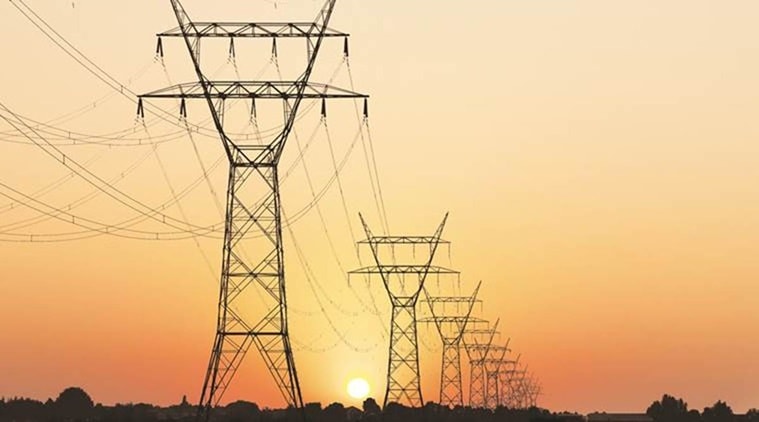 The demand for power had reached 6,800 MW on May 18, when industrial activity was allowed by the state government in the “locked- in” mode.
The demand for power had reached 6,800 MW on May 18, when industrial activity was allowed by the state government in the “locked- in” mode.
With unfolding of the Covid-19 ‘unlock’, Punjab’s power consumption has touched 9,000 MW mark with 80 per cent of industrial and commercial activity having resumed in the state. And now with paddy transplantation getting underway from Wednesday, power consumption is set to reach its peak of the season by next week. It is expected that it will reach 12,000 MW by early next week as transplantation picks up.
The demand for power had reached 6,800 MW on May 18, when industrial activity was allowed by the state government in the “locked- in” mode. After that there has been a consistent rise in power demand except for two-three days in May-end when the storm had hit the state and temperature had fallen.
As on Saturday, as many as 2,59,799 industrial units had started operating in the state and 1,21,190 shops had opened up thereby increasing the demand of power supply.
Ajaypal Singh, Executive Engineer, PSPCL, told The Indian Express that the demand will peak next week. “We are expecting it to reach 12,000 MW. But this year the demand is expected to be lesser than previous year which was more than 13,000 MW during paddy harvesting season. This is because the industry is yet to run full throttle. Almost 80 per cent of the industry has started in the state which is more than other states comparatively.”
He added that this time domestic consumption had risen because of work from home and also because many people were still staying at homes due to Covid threat. “While during normal times, industrial and commercial activity consumes 45 per cent of the total power, this time the consumption of this sector is around 30 per cent.”
Badish Kumar Jindal, president of Punjab Small Scale Industrialists Association, said 80 per cent of the industry had opened up in the state but they are facing tactical issues. The production had not reached its peak as the units were running only at limited capacity.
“The recovery will take time. It will take some time before it goes to normal but still it has now come back on track. Several units are dealing with labour crisis. The mechanised units were working well but hosiery and bicycle industry was facing issues,” said Jindal, adding that industrialists were suffering from lockdown hangover and the way the number of Covid cases was going up, they were fearing another lockdown. “Hence nobody is producing to the capacity. Nobody wants to supply their goods on credit also as due to lockdown the payments are already delayed. These are a few issues which only time would be able to help,” he said.
Jindal also added that people were not shopping and only essentials were being purchased.